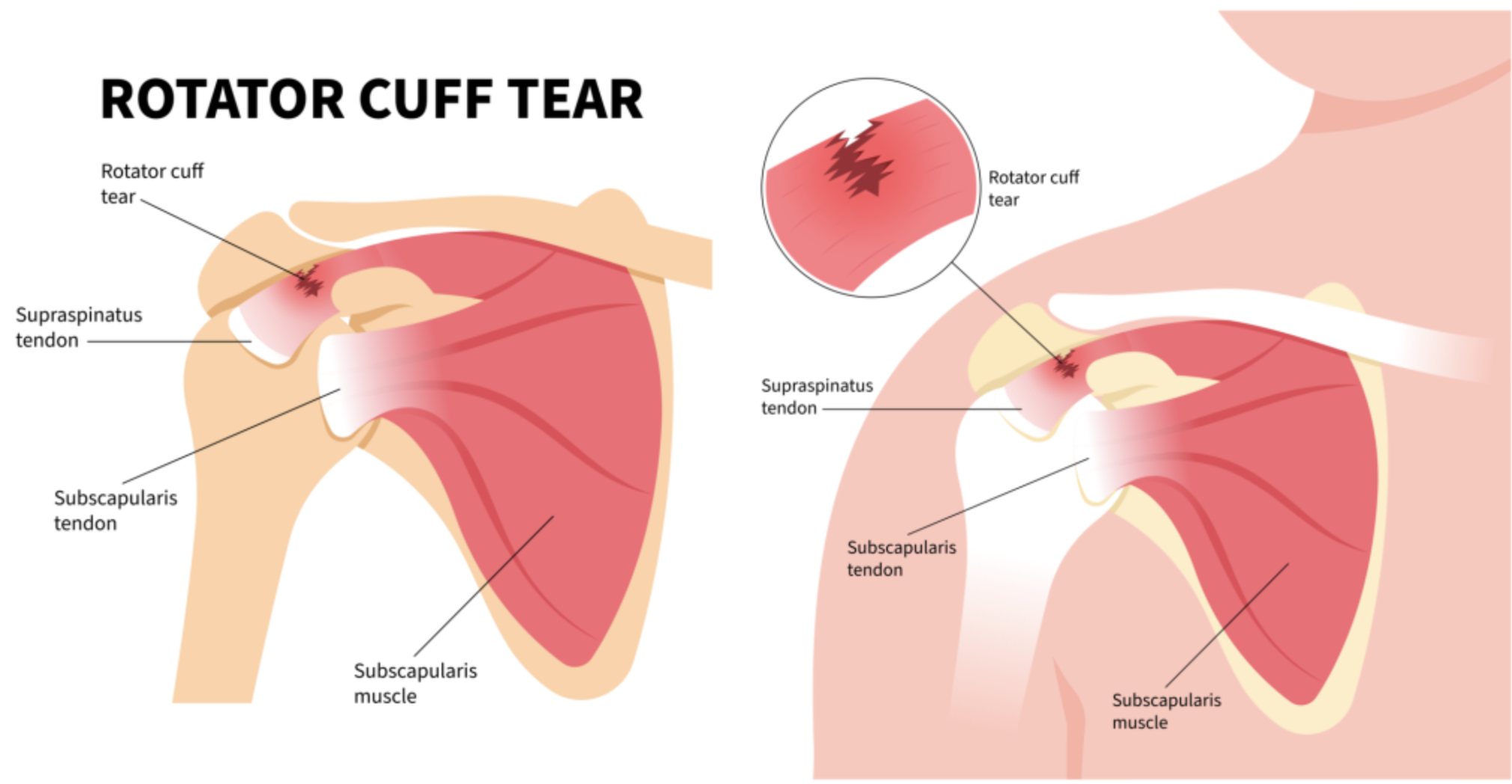Can Cellular Therapy Help Stimulate the Repair of Rotator Cuff Injuries?

Rotator cuff injuries are one of the most common causes of shoulder pain, affecting athletes, active adults, and even people whose jobs require repetitive arm movements. The rotator cuff is a group of four muscles and their tendons that stabilize the shoulder joint and allow for a wide range of motion. When one or more of these tendons become torn or severely inflamed, it can lead to pain, weakness, and reduced mobility that makes everyday activities difficult.
Traditionally, patients with rotator cuff tears or tendon damage were often left with two options: rest and physical therapy, or surgery. While surgery may be necessary for severe cases, many people prefer to explore safe, non-surgical solutions that help the shoulder heal naturally. At LifeStem, we specialize in regenerative treatments like Platelet-Rich Plasma (PRP) as well as treatments with bone marrow or fat containing stem cells, which are changing the way shoulder injuries are treated.
Understanding Rotator Cuff Injuries
Rotator cuff injuries vary in severity. Some involve minor inflammation or small partial tears, while others include complete tendon ruptures. Symptoms typically include:
- Shoulder pain that worsens with overhead movements
- Weakness in lifting or rotating the arm
- Stiffness and loss of motion
- Night pain, especially when lying on the affected side
While minor injuries may improve with rest and physical therapy, more significant damage often requires medical intervention.
The Limitations of Traditional Treatment
Conservative care such as rest, ice, anti-inflammatory medications, and physical therapy can provide relief for mild injuries, but these approaches don’t always address the underlying tissue damage.
Surgical repair, on the other hand, can reattach torn tendons but often comes with:
- Several months of rehabilitation
- A risk of re-tearing, especially in older patients
- Complications from anesthesia or infection
For individuals who want to avoid surgery or for those who are not ideal surgical candidates, regenerative medicine may provide a promising option.
How Regenerative Medicine Works for Rotator Cuff Injuries
Cellular therapy is a regenerative medicine approach that uses a patient’s own cells to stimulate healing in damaged tissues. At LifeStem, these cells are typically derived from bone marrow or adipose (fat) tissue, then concentrated and injected into the injured area using image guidance for precision.
Once introduced into the shoulder, bone marrow containing stem cells and the associated healing factors they contain can:
- Reduce inflammation around the injured tendon
- Help stimulate the growth of new, healthy tissue
- Encourage tendon repair by promoting collagen production
- Improve blood flow and overall joint environment for healing
This approach is minimally invasive, performed in-office, and avoids the risks associated with surgery.
What the Research Says
Although cellular therapy for rotator cuff injuries is still a developing field, early studies show encouraging results. Patients treated with bone marrow containing stem cells injections have reported:
- Reduced shoulder pain
- Improved range of motion
- Faster recovery compared to traditional rehabilitation alone
- Lower rates of re-tearing after surgical repair when bone marrow containing stem cells are used as a complement
For partial tears or degenerative tendon injuries, stem cells may provide meaningful relief without the need for invasive surgery.
Who May Benefit from Cellular Therapy?
Cellular therapy may be appropriate for:
- Patients with partial tears or degenerative rotator cuff injuries
- Individuals who want to delay or avoid surgery
- Those who haven’t found relief from traditional treatments like physical therapy or medications
- Athletes or active individuals seeking a faster return to activity
A complete evaluation, including physical exam and imaging, is necessary to determine whether cellular therapy is the right fit.
The LifeStem Approach
At LifeStem, we specialize in regenerative treatments for orthopedic conditions like rotator cuff injuries. Our team uses advanced imaging techniques to ensure injections are placed precisely where they are needed, maximizing potential benefits. By offering non-surgical options, we help patients find pain relief and improved function without lengthy downtime.
Final Thoughts
Rotator cuff injuries can disrupt daily life and limit your ability to stay active. While surgery remains an option for severe cases, many patients are finding relief with cellular therapy as a non-surgical alternative. By supporting the body’s natural healing process, this approach may reduce pain, improve mobility, and help you return to the activities you enjoy.
If you’re dealing with shoulder pain or a rotator cuff injury, call LifeStem today to schedule your consultation and learn more about whether cellular therapy is right for you.
